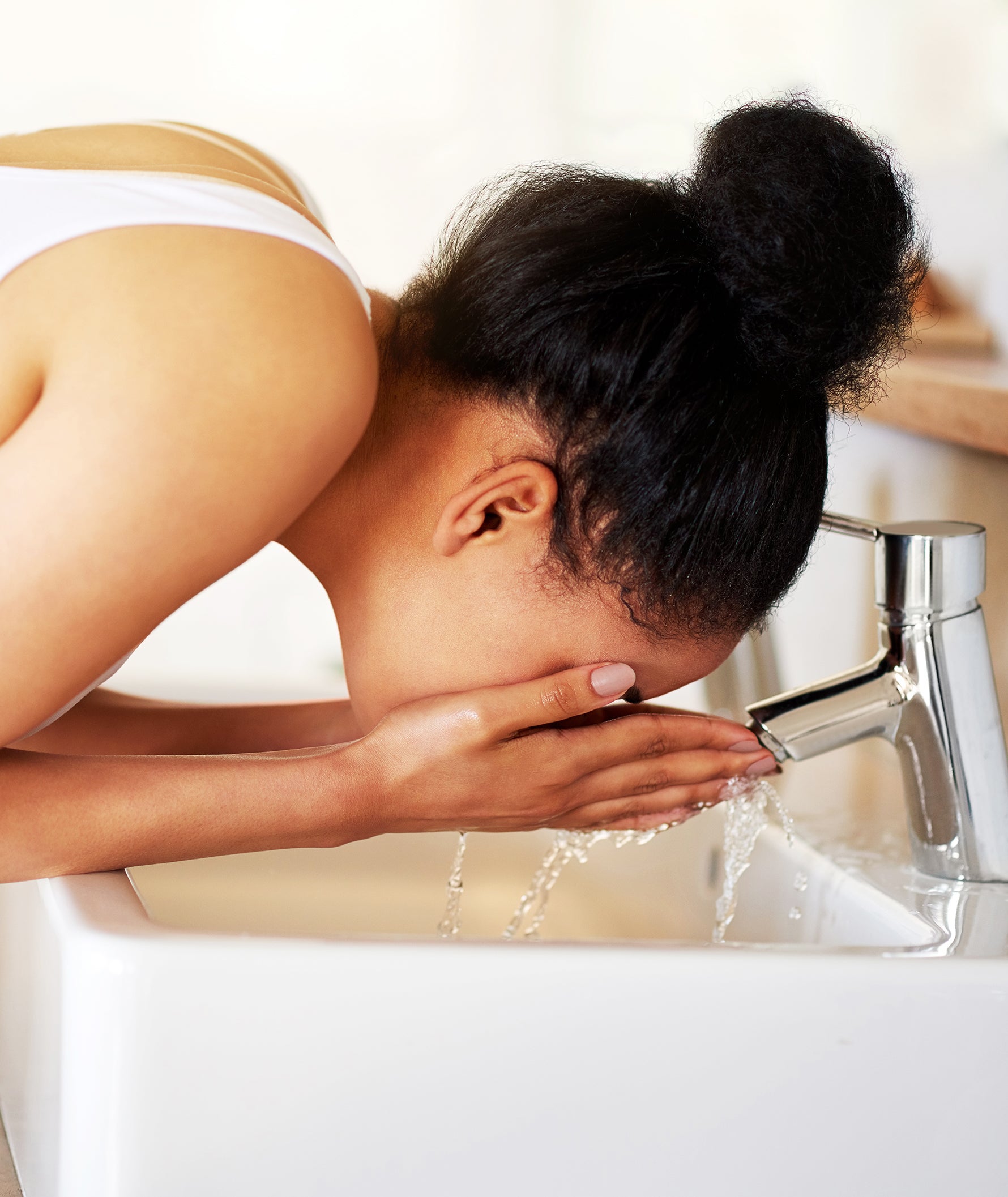
This article originally appeared on InStyle.
As if running worrying about your tampon malfunctioning and the crippling pain of cramps wasn’t enough fun stuff to deal with during your period, this 5-7 days every month can also bring along a new crop of zits. Talk about an unwanted visitor.
Hormonal acne has probably rendered countless complains between you and your friends, and it’s mostly frustrating because it’s caused by a change within your body—not you forgetting to take off your foundation.
“Put simply, this happens because of the drop in estrogen that starts around ovulation and dips right before the period, says dermatologist Dr. Estee Williams. “When estrogen levels drop, the normal balance between estrogen and testosterone (pro-acne) is thrown off; in becoming relatively less estrogenic, we are by default more androgenic (testosterone) and acne-prone.”
Basically, the off-balance of estrogen and testosterone is probably responsible for the pimples on your chin. Dr. Williams says that by the third day of your period, your estrogen levels start rising again and the pro-acne effects of testosterone are then finally balanced out again.
But your skin isn’t totally at the mercy of your period. There are some things you can do to prevent or help heal hormonal breakouts. The most obvious preventative solution, our expert says, would be continuously taking an oral contraceptive or using something like the NuvaRing.
“This addresses the underlying problem of hormonal fluctuation at its core by keeping hormone levels steady throughout the month,” says Dr. Williams.
However, only some OCPs actually help acne and this is not always the right fit for everyone, so it’s a decision that’s best discussed between you and your doctor.
Besides birth control pills, you can get proactive in preventing zits by switching up your diet and avoiding foods that ramp up oil production. “For example, I counsel my patients to minimize refined carbohydrates and processed sugary foods 1-2 weeks before their menstrual cycle,” says Dr. Melissa Kanchanapoomi Levin, NYC board-certified dermatologist and clinical instructor at Mount Sinai Icahn School of Medicine.
Because these foods are high in sugar, they cause a spike in insulin levels and then could increase sebum production and clog your pores, she explains.
Another way to prevent hormonal breakouts is to be ultra committed to following a healthy skincare regimen throughout the entire month and not just spot treating, notes Dr. Williams. Some of her pro-active approaches to acne include chemical peels or intense pulse light treatment. But you don’t have to go buy an entire new range of products. She says that hormonal acne is often treated with the same topical and oral medications that is used for regular inflammatory acne. This includes things like topical benzoyl peroxide, alpha-hydroxy acids, adapalene, tretinoin, and sometimes antibiotics.
However, sometimes a hormonal-based medication, like birth control pills or spironolactone, is needed.
Dr. Levin agrees in sticking to a strict skincare routine, suggesting daily sun protection and using topical retinoid products that clear up acne and prevent future breakouts by increasing cell turnover and minimizing clogged pores like Differin Gel ($13; target.com).